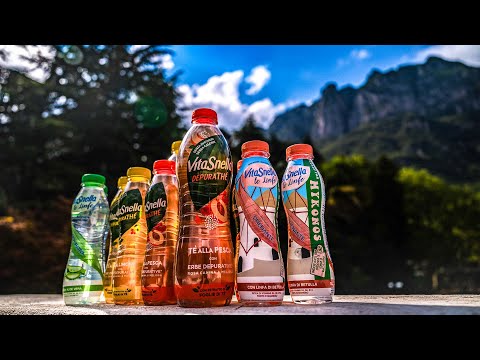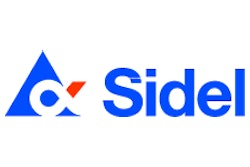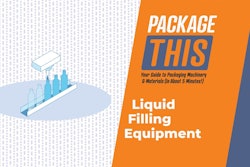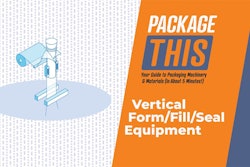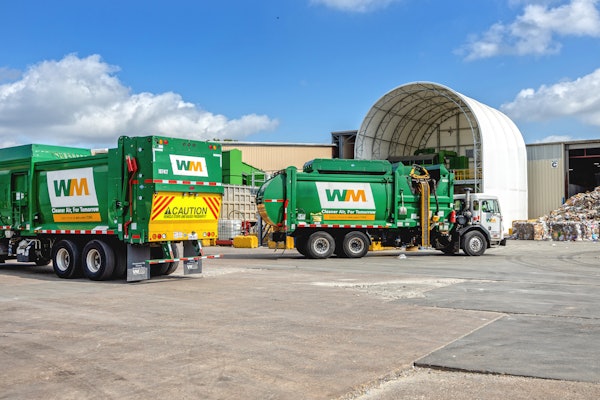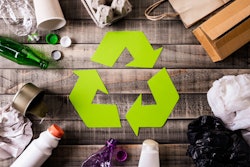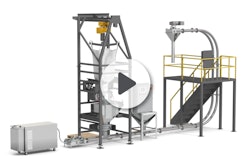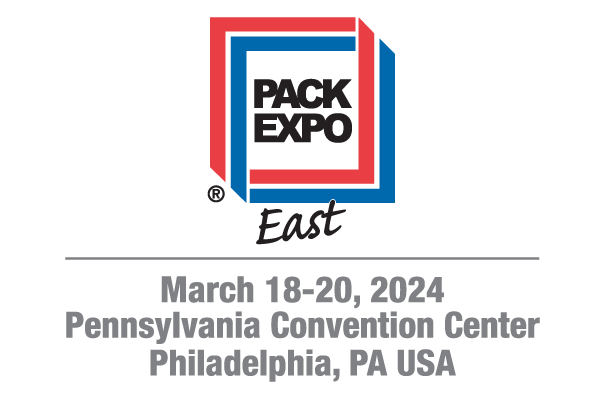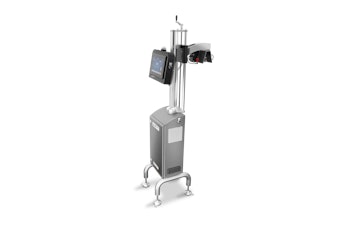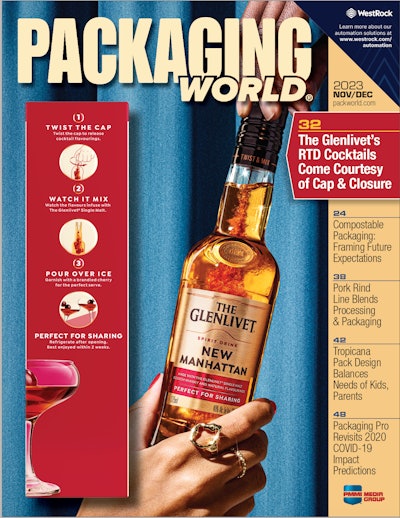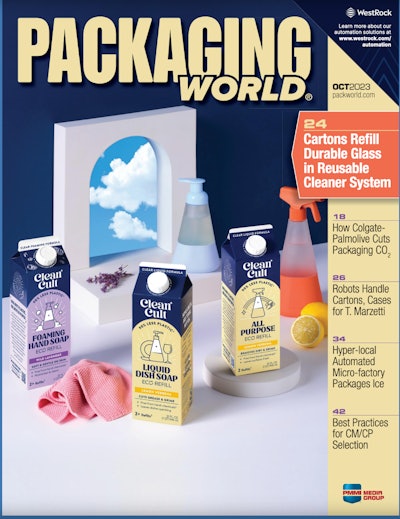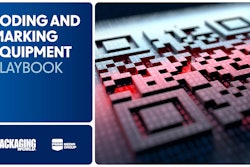Quick hits:
- Multi-national grocer Tesco, one of the world’s largest retailers, is seeking to direct sustainable packaging choices for their suppliers in the UK by using the “Preferred Materials and Formats for UK Packaging guide” to direct brand packaging material choices.
- Sidel, on behalf of Iraqi National for Food, has installed a complete PET packaging line for water - the company’s first and fastest high-speed line in Baghdad - with speeds of 48,000 bottles per hour and a 96% overall equipment effectiveness.
- German equipment supplier Hörauf has developed a 250-mL smooth-finish aseptic paper can that is shaped like a traditional beverage can, but uses 30% less material than aluminum or PET.
- Danone, Festo, and Mexican company Hybernya Industrial have collaborated on an industrial automation solution that takes products from yogurt production lines and automatically diverges them to eight different lines, to create multi-packs with a variety of flavors.
- Tesco Taking the Lead on Sustainable Packaging Choices for UK Suppliers
- Iraqi Beverage Producer Efficiently Quenches Baghdad's Thirst with High-Speed PET Water Line
- Paper Can for Sangria is the Full Package
- Danone, Festo & Hybernya: A Winning Blend of Flavors and Know-Hows
 | Read the transcript below: |
Hi, I’m Kim Overstreet, Senior Content Strategist with PMMI Media Group, and today we are going to discuss some international initiatives in this Take 5 Global Packaging Minute.
The first is out of the UK and was presented at the Sustainability in Packaging Europe conference in Barcelona.
Multi-national grocer Tesco is one of the world’s largest retailers, and they are ambitiously seeking to direct sustainable packaging choices for their suppliers in the UK.
Paul Ernshaw, Technical Packaging Manager for Tesco, said that the best thing to do to make your packaging sustainable is to remove it if it doesn't have a functional purpose.
The next step is to make what is left smaller, lighter, and use less of it.
Tesco uses their Preferred Materials and Formats for UK Packaging guide to direct brand packaging material choices. Green materials are allowed, red are not allowed as they can’t be easily recycled, and amber require special permission to use.
Ernshaw’s tips for future-proofing brand packaging is to use mono materials if possible, avoid exotic materials, and consider the consumer to keep things simple.
Tesco has initiatives in place for its own brand, such as sustainably sourced paper and corrugate, reducing excess plastic from packaging, soft plastics collection points in 800 stores, and working to tighten up end-to-end efficiency in its supply chain.
The second item is out of Baghdad, Iraq, and Packaging World editor Matt Reynolds reports on a high-speed, high-efficiency water-bottling project.
Installed by Sidel for Iraqi National for Food, this complete PET packaging line for water is the company’s first and fastest high-speed line in Baghdad. It has a speed of 48,000 bottles per hour and 96% overall equipment effectiveness.
Enhancing the product’s sustainability, the bottle is designed and manufactured in three sizes with StarLITE base, one of the lightest preforms on the market.
The two companies worked together during the pandemic lockdown to install the line, and it took only six weeks for the first sellable bottle to be produced and launched on the market in June.
Now we’re going to look at a Sangria paper can package design from Spain, as reported by Senior Editor Anne Marie Mohan.
Imported by Splash Beverage Group, a beverage company that is developing market share for innovative, socially conscious brands that are sustainably focused, the 250-mL smooth-finish aseptic paper can is shaped like a traditional beverage can, but uses 30% less material than aluminum or PET.
Developed by German equipment supplier Hörauf, the can is made up of five components, is decorated in colorful, mosaic-like graphics, has a 12-month shelf life without preservatives, and is fully recyclable. The sangria is co-packed in Austria by dairy company Ennstal Milch.
Our final item is a new end of line automated solution out of Mexico, as reported by PMMI Media Director for Latin America Lilián Robayo Páez.
Danone, Festo, and Mexican company Hybernya Industrial collaborated on an industrial automation solution that takes products from yogurt production lines and automatically diverges them to eight different lines, to create multi-packs with a variety of flavors. In the past this process was done manually by operators who would bring the product from the line to the packaging machine.
Now, bottles with different flavors are picked up as they run through to achieve the desired combination, and then they are placed on the line, one after the other.
From there, products reach a robotic diverter and are driven towards eight separate packaging lines, creating six, eight, or twelve-unit multipacks.
If you’re interested in the Mexican packaging market, the Mexico Edition Purchasing Index by PMMI Business Intelligence looks at project activity across five categories of the consumer packaged goods industry, and can be downloaded for free at the link shown on the screen.
Thanks for joining us for this Global Minute Take Five.


